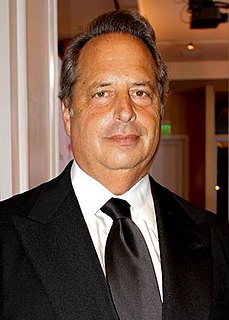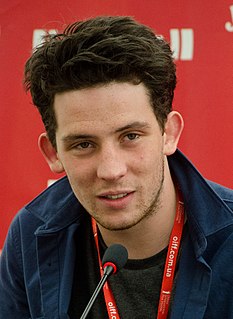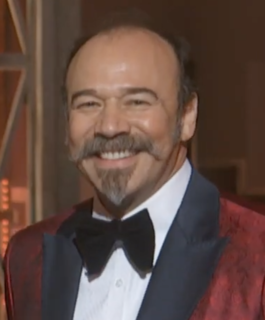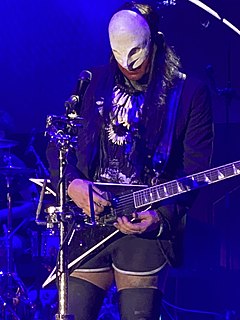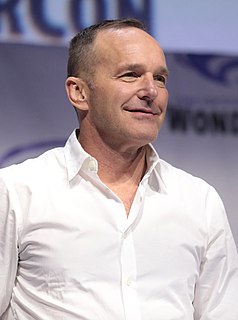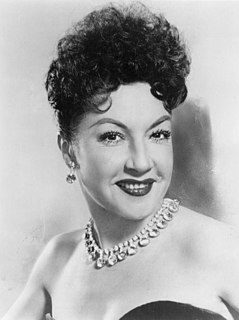A Quote by Jodi Picoult
But there's an enormous difference between an audience that's watching you because they can't wait to see what comes next and an audience that's watching you because they're waiting for you to fail.
Related Quotes
I'm watching the show and I'm watching the audience watch the show. Because once you leave the rehearsal room, you have space and you can see it. You can watch them watch it. You can't see your work, really, until you're in the theater. You have no perspective. That's not part of my job, to go, "Oh my God, they're so brilliant." I'm not required to swoon.
I make some movies for myself. I do that sometimes when the subject matter is very sensitive and very personal and I really can't imagine that I'm an audience member. I would lose myself too much if I thought of myself as the audience. There are other types of genre films that I need to be able to direct from the audience, to be right next to you watching the picture being made.
You can look at what's happened to America in the last years and say a lot of people were asleep. A lot of people were not staying awake and watching what was going on and facing the pain of that and dealing with it.I don't care if the rest of the audience doesn't think along those lines at all, because the audience is a huge spectrum of people, from people who are introspective to people who just want to be scared and have fun, and all the points in between.
The fact that I do place music at the end of my films is not to accentuate the emotion. It serves an opposite purpose which is to remove them from the emotional space and allow them to enter a space of thinking, because I believe that when the audience is watching the film they're watching it with their feelings.
Making a show is also economics. Because the irony is, or the shame of it is, you cannot create a show instantaneously. It needs to be massaged. You need to see who is relating to who. How is it working with the audience? You need to give it a chance for the audience to find it, because there are so many outlets. And the audience doesn't know where to go.


